Charles Pakana (Victorian Aboriginal News):
For the past 13 years, since 2012, a small media concern, IndigenousX, based in Newcastle on Awabakal and Worimi country, has been seeking to educate and create meaningful debate on the First Nations matters. Today, I’m joined by the CEO and founder of IndigenousX, Gamilaraay man, Luke Pearson. Luke, thanks for taking time to speak with me today.
Luke Pearson:
Thanks for coming to visit.
Charles:
Luke, let’s find out a bit more about you before we dive into that beast, which is IndigenousX. Now, a teacher at the onset of your career, then the launch on Twitter, I believe is the main platform for IndigenousX in 2012, what led to that change from teaching in the classroom and tutoring, I believe, to taking on the world of media and pricking the consciences of Australians?
Luke:
I think a big part of that decision was not knowing what I was getting myself into, but sadly, at the time, I don’t know what the stats are now, but I’m sure they’re not too much better. In my era of teaching was about 30% of early career teachers who spent less time in the job than we did at uni getting the degree.
Charles:
Sure.
Luke:
I did three years, and it really took a lot out of me. It was a really trying time. Simplest one I can say is sort of loved the classroom with all the challenges that brings, didn’t love the staff room, didn’t love the department, and so like a lot of us, you find yourself, you’re the only Indigenous teacher in the school, often within several schools around the area.
When I left there, I was lucky enough, I was able to go back and do some tutoring through Wollotuka, the University of Newcastle, where I got my degree, but I found myself a teacher without a classroom, not really sure where I was going to go, what I was going to do. When I took to Twitter, which was a couple of years before we launched IndigenousX, that wasn’t a strategic move into media, because Twitter at that time wasn’t that kind of place, which was like, “Oh, here’s a new thing. I’ll come in and have a look. I loved it.”
I absolutely loved it. I was spending probably more time than was healthy on the platform, but back in that era, there was sort of a small group of mob who were already there, some of whom I already knew, but a growing pool of mob who were all interacting or doing our own thing. A couple of years of doing that, there started to be a bit of interest from media.
This was sort of the rise, I think, of a lot of social commentary and blogging more broadly. I was one of those sort of early mob who were doing that. That led to I’d write articles for the Drum, or you’d do an interview for someone for something.
Charles:
Well, you actually ended up, even after you started IndigenousX, doing digital production with the ABC and NITV, not for long stints of time, but that was once again delving headlong into media production. That was putting teaching behind you, well and truly.
Luke:
Oh, yeah. I think once I’d taken to Twitter long before IndigenousX, long before I’d made the decision, long before I had any idea of where I was going to go, I’d pretty well burnt my bridges with public service.
Charles:
You are an outspoken man. The world knows that, well and truly. You mentioned before also, that you were the only Indigenous teacher in the staff room. How much were you speaking out, and what did you feel you needed to speak out about in those days?
Luke:
Sticking up for students was a big one, but also for myself, I just-
Charles:
You’re talking about Koori students, Aboriginal students?
Luke:
Yeah, but also any students in that space. There were just things that I didn’t love about the curriculum, I didn’t love about Aboriginal students having such higher suspension rates. You’d see things and try to take them on, and just not having the power, the knowledge, the experience in that space. University prepares you for a certain thing, but the realities of work in those dynamics, I found myself feeling very disempowered and just increasingly unhappy in that space.
Just the stereotypes, the things that I learned that certain people were saying about me or thought about me, all the stereotypes about not deserving your job, only getting your job because you’re Aboriginal.
Charles:
Oh, yeah. Never heard that one before, right?
Luke:
Yeah, well, that’s right. A teacher asked me, “Do you need a degree to be an Aboriginal teacher?”
Charles:
Oh, my God.
Luke:
I was teaching year three, so I was like, “Of course, I did.” Some of them were quite nice and well-meaning, but I just didn’t fit in that environment, in that, no real sense of community or collegial community. Again, with individuals, there were some really great people who were really great supports.
Charles:
Bringing it back to being invited to write for the Drum and doing some interviews, what was that genesis? Explain a bit more of this.
Luke:
Like I said, I just stumbled into Twitter with no purpose, no intent, but in many ways, I think I was bringing a lot of that frustration from teaching experience, but also the bit about teaching that I love, which is sharing knowledge, challenging thought. I’ve always been a big trivia nerd. I’ve always sort of seen things a bit differently. I’ve always been quite outspoken, as you mentioned.
In that early day of Twitter, I was speaking quite openly about my experiences in education, about my views on the department, on government, on media. It became, in some ways, I found a classroom, but I also found a community. There were so many great people on Twitter in that early day who were there, talking about their own issues. I found an audience, a community, a classroom.
Charles:
What were you writing about in those days? What were your key messages?
Luke:
On Twitter, it was such a non-stop platform, so a lot of it was responding to things that were happening within the news cycle. Yeah, there were a lot of trends that would pop up, or hashtags that would pop up, and you’d sort of put in your perspective on whatever was going on. Also, more broadly, I think I was just sharing the knowledge, the trivia, the insights I had more broadly on matters of race and racism, power, perceptions of Aboriginality, a lot of the stuff I’d always done, cultural awareness training. I did Aboriginal studies at uni alongside teaching.
There’s just a lot of things that I knew a lot of people didn’t know, and I was passionate, and engaging, and challenging. A lot of it in that early era of Twitter was really the critique of media. You can actually speak directly to journalists who’d write an article and say, even if it was something as low as you should be putting a capital I on Indigenous, or shouldn’t be using whatever [inaudible 00:06:40]-
Charles:
All these important things. Really, really critically important things, Luke. What led you to start it up as its own brand, IndigenousX?
Luke:
As I’d said, I started getting offers to do interviews, to write articles. From that, I think I became a bit critical of why I was getting these invites and what was happening. Reasonably young man, you feel a bit special. People were paying attention, you’re getting invited to do these things…
Charles:
Why do you think you were being invited?
Luke:
The most cynical answer to that is because most of the journalists who were operating in that space, they didn’t know any black fellas. Here I was, outspoken, media friendly, didn’t mind having a yarn, writing on my own blog. They just saw, here’s someone who’s a bit controversial, who we can use for a bit of click bait, write about Australia Day, write about racism, write about back then, it was stuff like Eddie McGuire being racist, or Andrew Bolt and the am I black enough?
Charles:
We weren’t going to mention Andrew Bolt.
Luke:
No.
Charles:
We weren’t going to.
Luke:
No, but he was a big player in the space of that era. Whenever I was responding, I didn’t try to just go, “This person’s this thing.” I would say, “This is what’s happening.” A lot of the time, you would see a commonality of thought. You would see patterns of behavior, language use, who gets to be an Aboriginal leader, who’s an activist, who’s a troublemaker? A lot of this, it was media choosing and I was critiquing that stuff, but I didn’t want to be one of a very small number of people generally selected by non-Indigenous people to be able to have a voice in media.
I actually, after a year or two of operating in that space, I really didn’t like it. I wanted to do something different. I had a bit of a following on Twitter, only like 5,000 followers, but at the time that was…
Charles:
That’s substantial.
Luke:
That was pretty respectful. I had the idea after chatting with a few other mob, I’ve given up my account on Twitter, and creating it into IndigenousX, with the idea just being that it would be a rotating account. So many of the interviews I did in that early day, very first question, pretty much every time, “What do Aboriginal people think about?” Whatever we’re talking about. I wanted a space where you didn’t have to speak on behalf of mob, you didn’t have to answer questions you didn’t want to.
You didn’t have to talk about anything. It was entirely your week, do whatever you want. Showcase diversity, break down the homogenous view, but for mob just to have a space where you can have an audience who were pretty respectful. It’s amazing in that space, obviously, it’s gone to hell now, but at the time, it was still pretty bloody rough.
Charles:
Socially, what were you seeking to achieve? You couldn’t have been naive enough to really think that you were going to turn the popular thoughts of Australians around on a two cent coin.
Luke:
No, of course not. I think if you set out to save the world, you’re just going to end up failing or become part of the problem. I believed in the power and opportunity of that space, and I’d built this thing and then I was like, “Who am I to have this thing? Why do I have 5,000 followers, and this mob down the road got none? Why are people listening to me?”
I didn’t want to just walk away from Twitter, because I really believed there was opportunity in there, but I also didn’t want to just keep growing it for my own benefit. It was really wanting to share it, to gift it. In terms of what we’re trying to achieve, I don’t know, man, just having fun doing something that mattered. The teacher in me is like, if I teach one person one thing, then that is a value. I don’t have to change the world. I don’t have to fix media or racism.
Charles:
Well, let me bring you back to something you wrote in 2016. You wrote a piece about free speech on IndigenousX, and that piece is still up there. In that piece you wrote, “The sad truth is that there are not many media spaces that exist to educate or that create opportunity for meaningful debate.” You go on to write, “How can we hope to allow free speech to do its job in the media when the media is just so painfully white? Even the non-white mainstream media usually answer to white directors, editors, producers, casting agents, and media conglomerate owners.”
Now, this was nine years ago in 2016, and I believe at that stage, you would’ve either been at the ABC or NITV as well, doing digital production there, but what changes have you seen during that nine years that give you hope for meaningful education and debate on First Nations issues across the Australian media landscape?
Luke:
I think the only thing that really gives me hope in that is seeing more mob in media now. You’ve got Indigenous affairs positions at a few key papers that just those positions didn’t exist. You’ll see Indigenous people represented on panels discussing Indigenous issues. A lot of what I was talking about there sadly is still the landscape, but the hope I’ve had, and that’s, I think, what IndigenousX was always about was hope, and hope might not be the right word, but in mob, a place to do something, an opportunity to do something different, to challenge the status quo, to sort of free people up from that colonial load of expectation.
That idea of free speech was very much the era of the only time you’d ever hear media or politicians talk about free speech was in defense of racism. What about our free speech to talk about the things we want to talk about, and not always have to be responding? Someone does something racist, we are brought on to go, “Why is that racist?” Just to say, “But actually, I want to talk about this, or I want to talk about something else altogether.” The freedom to buck that system in a way.
A short story, I remember someone brought me on, it was a Melbourne white fella, I think a conservative radio fella, and it was in that height of the Australia Day, Invasion Day debate. It would’ve been right about this time. He started off with saying, “Surely there’s more important things to be talking about. Why are we talking about this?” I said, “Man, it’s your bloody show. You invited me on. If you want to talk about something else, I’m happy to,” but it’s like, you can’t put, that’s what I’m talking about over here, but I’m just some random fella on Twitter. You’re the media. You actually get to determine who’s on and what we say and how we do.
Just to be able to be a little bit playful within it, because I wasn’t there, again, I freed myself up from that pressure of feeling like I’ve got to speak on behalf of everyone and be something bigger than any individual can ever be. The more mob who can focus on what they want to focus on, whether they’re journalists, whether they’re artists, academics, whatever it is, just a place to change the narrative and not be bound to it, when that narrative is so painfully white, even still.
Charles:
While you’re advocating for more Aboriginal and Torres Strait Islanders in the media, don’t you also run the risk of organizations simply bringing on people who identify as Aboriginal, just to buck up the numbers? It’s more than just having the journalists. It’s the content as well, isn’t it?
It’s got to be the critical thing, and it’s the style of content. It’s got to be that thought provocation, surely, that tells the value of the content being delivered by the journalists.
Luke:
Yeah, undoubtedly. I think, again, not having a media background, I didn’t necessarily have that knowledge at the time to be thinking long-term about what is this going to do? I was just trying to do something that I thought mattered in a way that was as ethical as I could do it with what I understood at the time. Yeah, that’s a very real risk. Even when we talk about one of the good things being people who’ve got these jobs now, like Indigenous editor jobs or more journalists, so many of them are taking funding.
You’ve got long-standing large media companies who it’s like, nothing was ever stopping you from hiring an Aboriginal journalist if you wanted to. I’m not sure you need a $300,000 grant to justify it when that grant probably could have gone to literally anyone else. Those are those sort of unintended consequences or things you’re not aware of. I think one of the big things, again, wasn’t trying to do, but looking back on, was that we were a part of a group of us who proved that there was an appetite for things that media had long said there wasn’t any interest in.
It’s like Aboriginal people were a subject to talk about, but no one, apart from other Aboriginal people, wanted to hear from Aboriginal people. It’s the assumption.
Charles:
What are some of those things that you believed that people really wanted to hear about when it came to First Nations issues?
Luke:
I think for a lot of people, just something they’d never thought about.
Charles:
Like a different perspective on-
Luke:
A conversation, yeah.
Charles:
… 26th of January or something like that?
Luke:
Yeah, but not even on 26th of January, just on anything, just on a different way of life. There’s always been a very tokenistic engagement with Indigenous people and thought, and the fact that whenever I do training or other things, it’s just like, we’ve all been living together for a minute now, the fact that you know so little is woeful, but for a lot of people, it hasn’t been for a lack of interest.
It’s been from a lack of opportunity, or you’d have to read big academic texts, or you’d have to be in certain spaces. What is it, like six out of 10 non-Indigenous people think they’ve never met a black fella. I’m sure that’s not true, but that’s what they imagine. All they’re getting is what they see through media, popular media, pop culture, whatever it might be. Just insights of people just going, “Oh, I didn’t know that, or I’d never thought about that,” it didn’t really matter to me.
I see an inherent value in broadening the scope of thought, of broadening the scope, but again, without having the responsibility of, “This is the Aboriginal perspective.” It’s like, “No, this is my perspective as an Aboriginal person. Someone else might disagree, and that’s great.”
Charles:
That’s always the risk, isn’t it? Yeah, that’s always the risk. They tend to interview someone and think, “Well, okay,” or assume that that person is speaking on behalf of all black people, which first of all, puts that person in a hellishly dangerous position, of course. The future now of IndigenousX, because the reality is it’s quietened down.
A lot of that’s to do with, of course, the transition to X and it becoming, let’s be frank, an absurd platform. What is the future for IndigenousX now? Definitely there was a need for it then and a need for it now.
Luke:
I think one of the best things for us going forward is that it was never a business model. It was just, I was on Twitter, had the idea on Twitter, so it grew from Twitter. Really, when I break down what is IndigenousX committed to, what does it represent? To me, it is all the things we’ve talked about: diversity of opinion, diversity of thought, just Indigenous rights, opportunity, capacity. It can exist almost anywhere in any form.
We’re in a bit of a transition, I think, at the moment. Like I said, we do a lot of training these days. We do a lot of project work, we do a bit of consultancy, anti-racism training. We’ve been on Instagram and LinkedIn, and we’re still on Twitter, but we are not, I wouldn’t say we are on Twitter. We certainly don’t do the rotating account anymore. The nature of that rotating account doesn’t really work on somewhere like Instagram, or LinkedIn, or anywhere else.
I don’t think we’ll do the rotation curation again. Again, never say never, but I don’t have any immediate plans to. It’s just going along with what’s true to me, what’s true to the spirit of IndigenousX? Like I said, my worst case scenario is I go find something else to do. It’s nice having something where it’s like, as long as I feel we’re adding value, as long as we can find a niche, but I don’t necessarily want to be doing TikTok dances or whatever else is going on, so I don’t think I’m going down-
Charles:
[inaudible 00:18:44].
Luke:
… Which is not to undermine. There’s such great content and the young ones making video content that is critical. TikTok is not just dances. I don’t mean to be facetious, but for me, I don’t really see me being that fella. I have made a few videos, I’d like to make more, but to what it is to be like a video Instagram, TikTok creator, it’s an all day, every day, it’s a slog. I did that on Twitter for 10 years. I’m in a different stage of life now.
I don’t see me doing that again. How we can leverage the platform for opportunity for others to bring more people on, I am excited. I’m optimistic. I’ve enrolled in my PhD this year, which is kind of looking a little bit back on the history and trying to map out some of the future of, I see IndigenousX vas having huge opportunity. It’s a huge responsibility, but a huge privilege. If I can, through that process, understand it better, understand what worked, what didn’t, and map out some direction for the future, yeah, I’m really excited about it, but we’re not locking in podcasts.
I do like the idea of a podcast, but who knows how long that trend is going to be the thing of the future? For me-
Charles:
Well, hopefully for a long time.
Luke:
Hopefully for a minute to go, but does the world need one more from me? Who knows? For me, and as long as I’m doing the best I can with what I’ve got, I’ll be happy with that.
Charles:
Luke Pearson, thanks so much indeed for your time today.
Luke:
Thank you, brother.


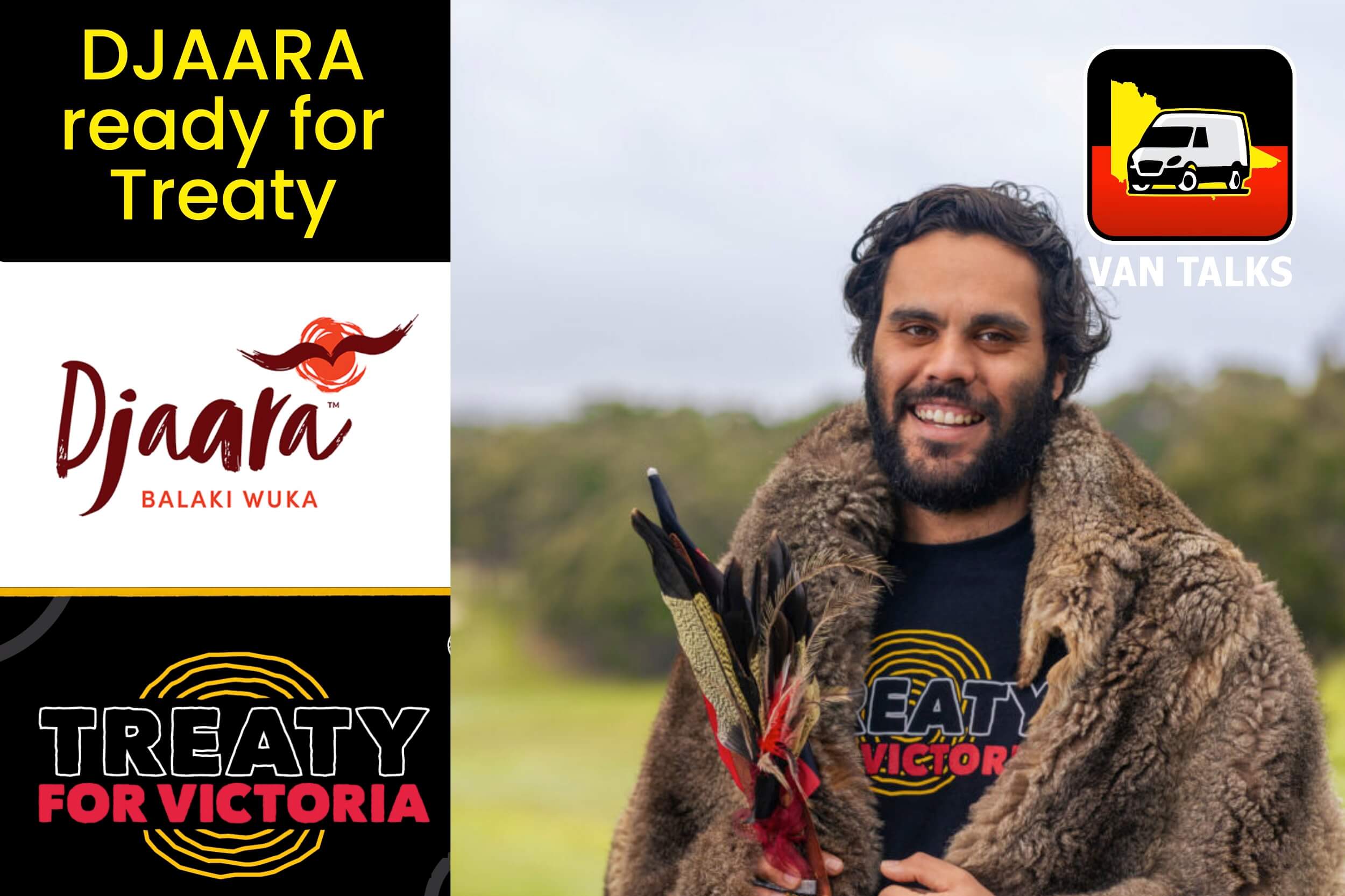
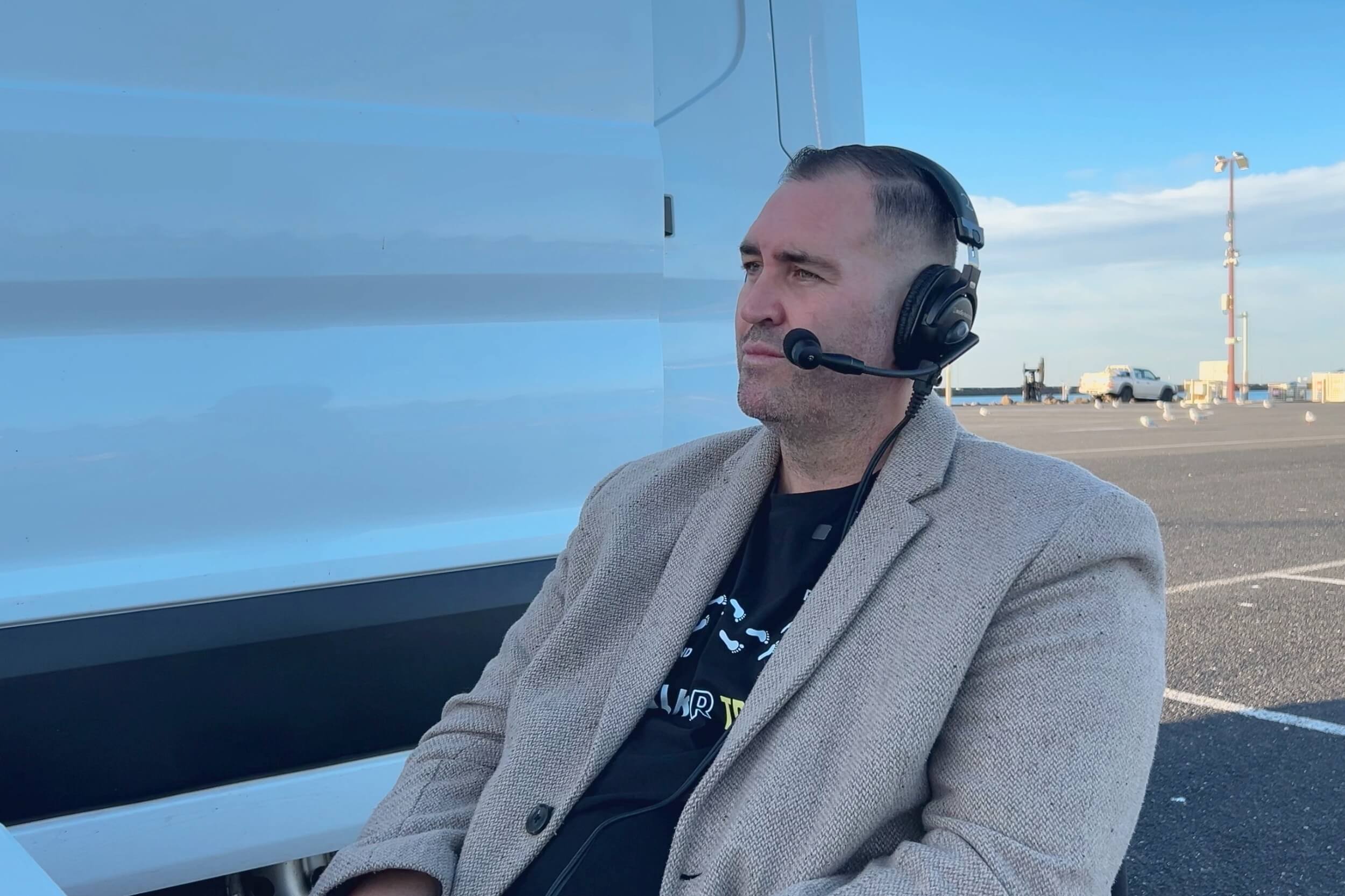
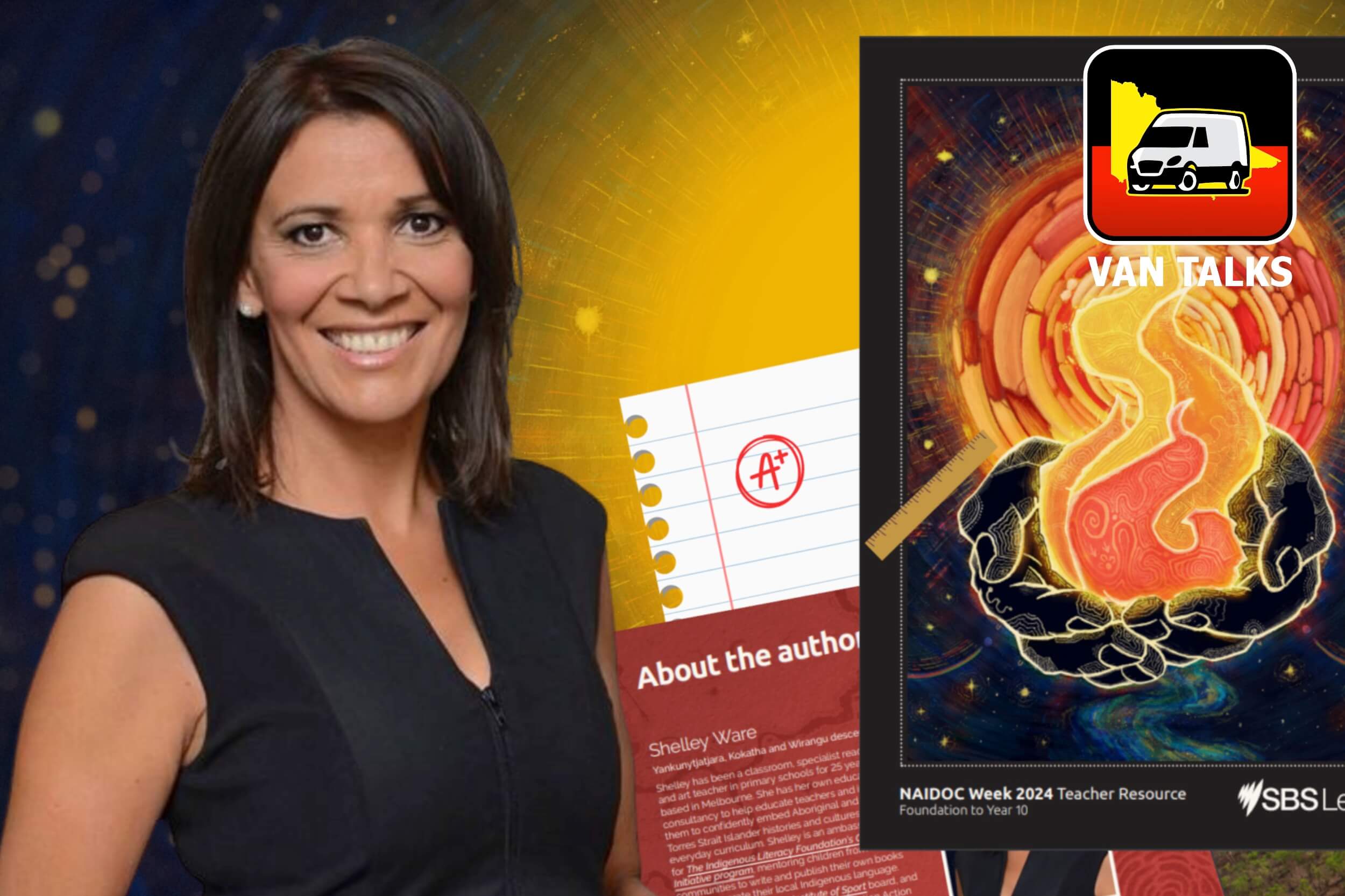
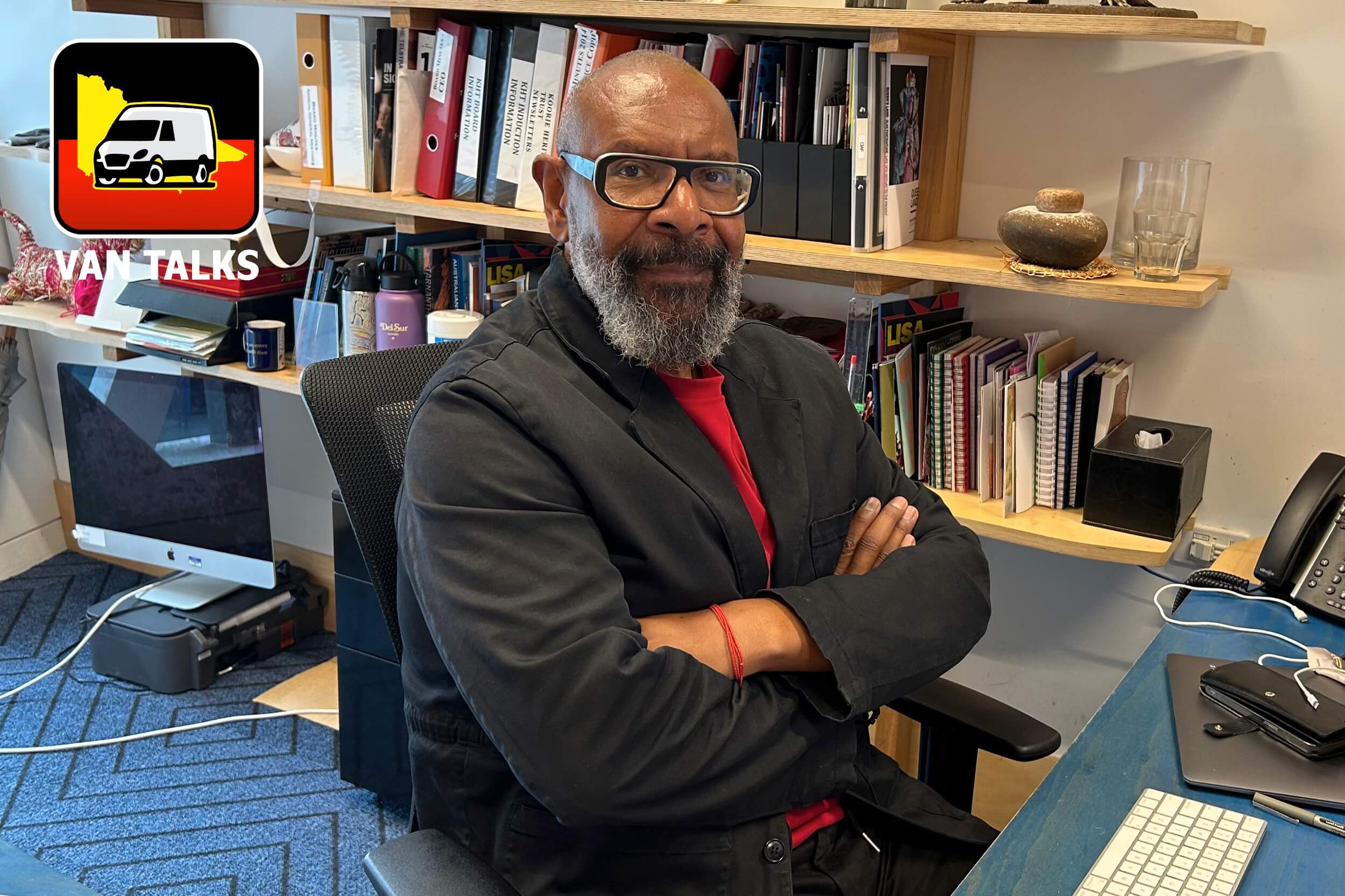
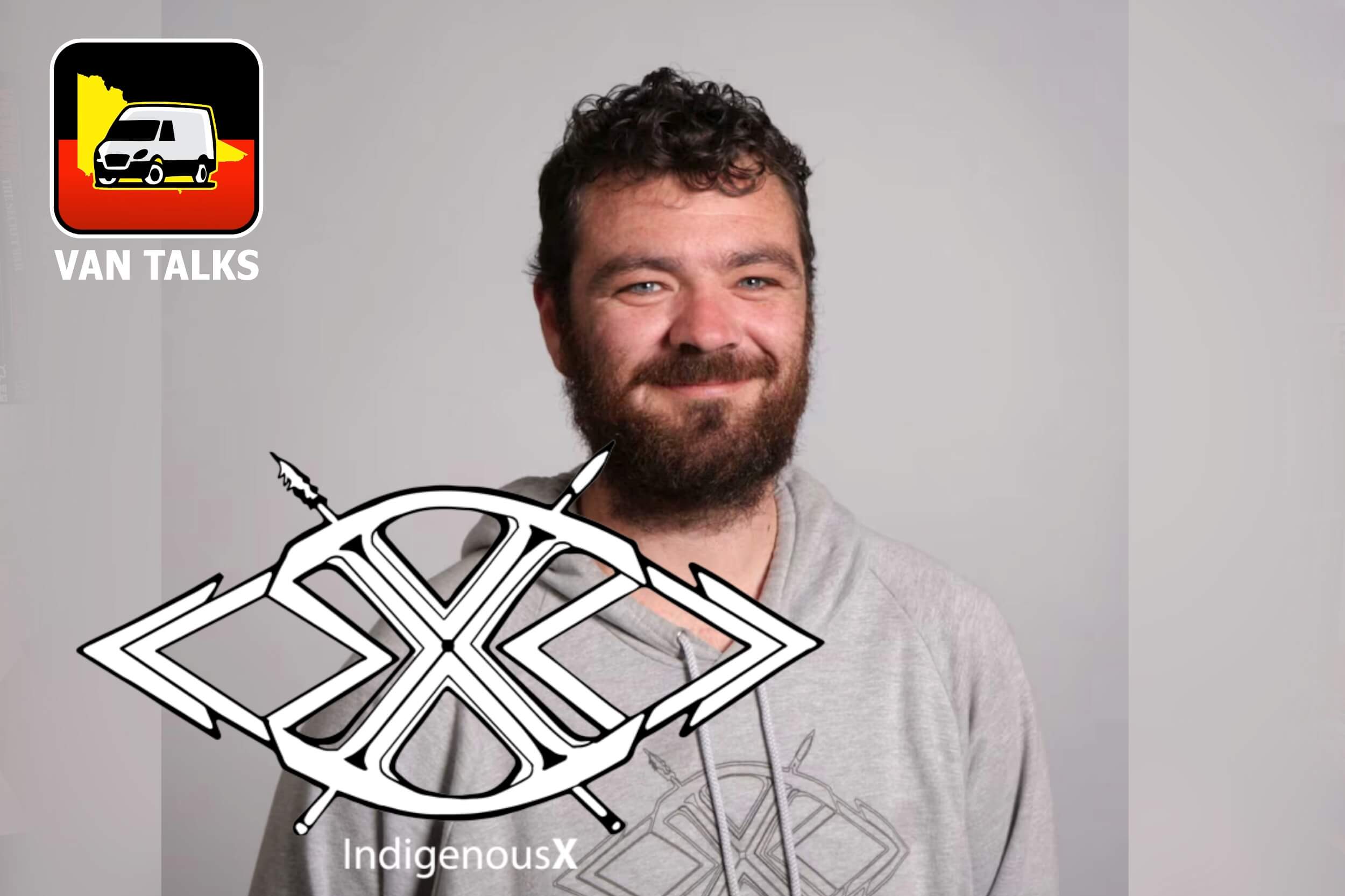

0 Comments